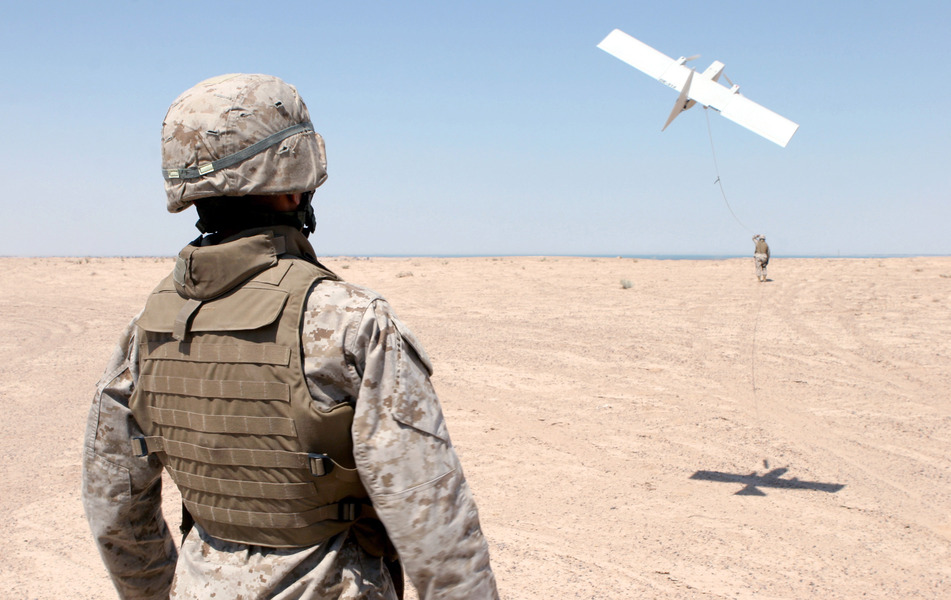The President’s Speech: A Quick and Dirty Reaction—Part 1 (Are We at War?)
Published by The Lawfare Institute
in Cooperation With

All these issues remind us that the choices we make about war can impact---in sometimes unintended ways---the openness and freedom on which our way of life depends. And that is why I intend to engage Congress about the existing Authorization to Use Military Force, or AUMF, to determine how we can continue to fight terrorists without keeping America on a perpetual war-time footing.
The AUMF is now nearly twelve years old. The Afghan War is coming to an end. Core al Qaeda is a shell of its former self. Groups like AQAP must be dealt with, but in the years to come, not every collection of thugs that labels themselves al Qaeda will pose a credible threat to the United States. Unless we discipline our thinking and our actions, we may be drawn into more wars we don’t need to fight, or continue to grant Presidents unbound powers more suited for traditional armed conflicts between nation states. So I look forward to engaging Congress and the American people in efforts to refine, and ultimately repeal, the AUMF’s mandate. And I will not sign laws designed to expand this mandate further. Our systematic effort to dismantle terrorist organizations must continue. But this war, like all wars, must end. That’s what history advises. That’s what our democracy demands.
In other words, while the Pentagon regards the AUMF as providing the authority it needs to confront the enemy for the next two decades, the president wants to work with Congress to get off the war footing and to secure the document’s narrowing, and ultimate repeal. It’s a striking contrast, whomever one thinks is right. A striking contrast, that is, unless one does not quite take Obama at face value on this. After all, Obama does not need Congress to narrow or repeal the AUMF or to get off of a war footing. He can do it himself, declaring hostilities over in whole or in part. And Obama, needless to say, did not do anything like that. To the contrary, he promised that “we must finish the work of defeating al Qaeda and its associated forces” and while he used a lot of nice words about law enforcement and a lot of disparaging words about perpetual states of war, he also promised to continue targeting the enemy with lethal force under the AUMF. In other words, he promised---without quite saying it directly---to keep waging war:Moreover, America’s actions are legal. We were attacked on 9/11. Within a week, Congress overwhelmingly authorized the use of force. Under domestic law, and international law, the United States is at war with al Qaeda, the Taliban, and their associated forces. We are at war with an organization that right now would kill as many Americans as they could if we did not stop them first. So this is a just war---a war waged proportionally, in last resort, and in self-defense.So count me a little confused: Are we heading for ten or twenty more years of war under the AUMF or are we on the road to peace and the primacy of peace-time authorities? Or are we, as I suspect, on a road to more use of peacetime authorities and less war under the AUMF, a different vocabulary for conflict, but ultimately long-term use of substantially the same authorities we have been using? [Note: I have adjusted the first paragraph to correct an error in my original formulation of last week's SASC hearing.]


.jpg?sfvrsn=82a6ee72_5)


